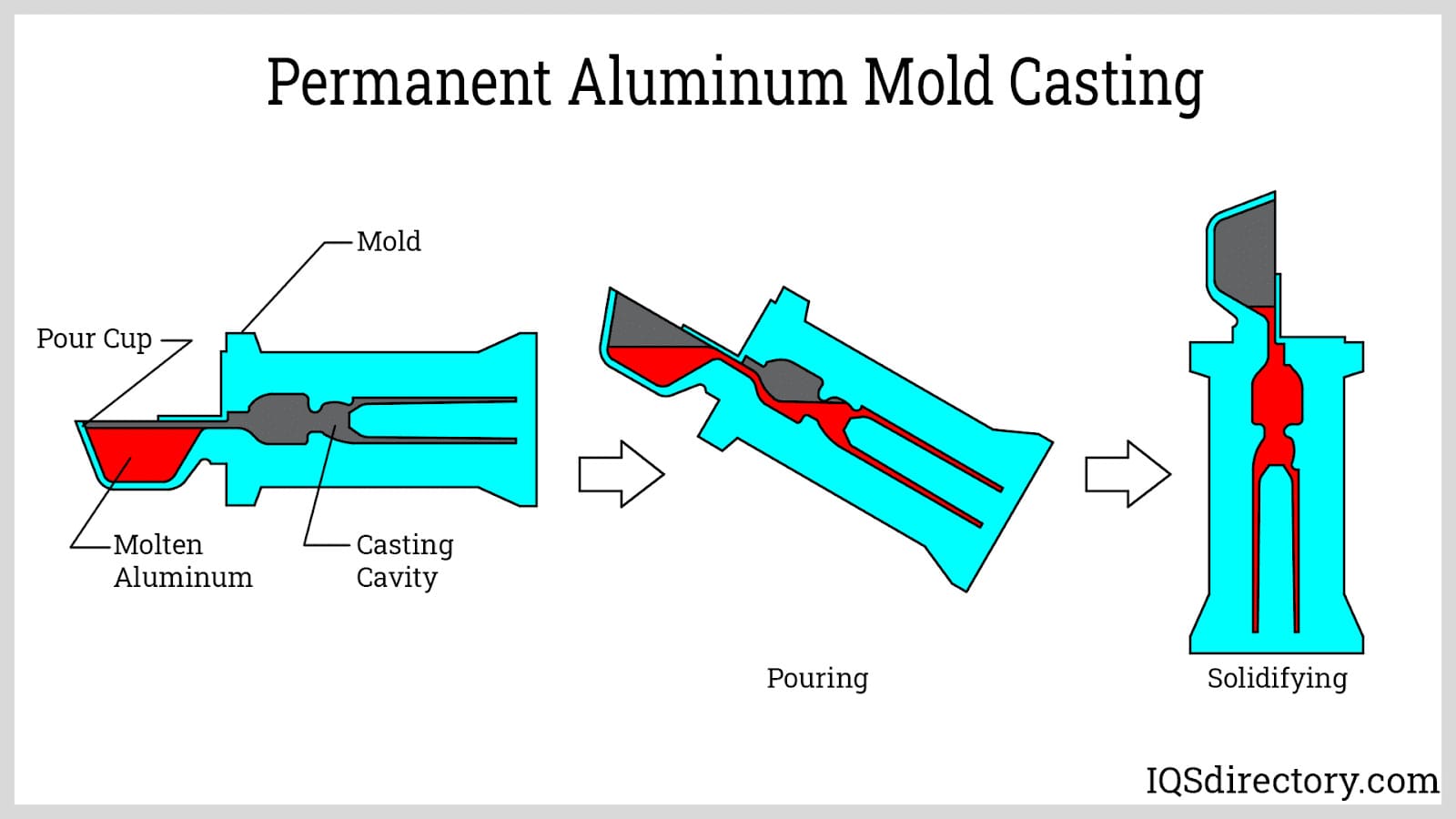All About Stahl Specialty Company
All About Stahl Specialty Company
Blog Article
The Single Strategy To Use For Stahl Specialty Company
Table of ContentsHow Stahl Specialty Company can Save You Time, Stress, and Money.All about Stahl Specialty CompanyAbout Stahl Specialty CompanyThe Ultimate Guide To Stahl Specialty CompanyThe Definitive Guide to Stahl Specialty Company
There are lots of small distinctions between functioned and cast aluminum alloys, such as that cast alloys can consist of a lot more significant amounts of various other steels than wrought alloys. Yet the most noteworthy difference between these alloys is the fabrication process whereby they will certainly go to supply the end product. Apart from some surface treatments, cast alloys will certainly leave their mold and mildew in nearly the precise solid form wanted, whereas functioned alloys will certainly go through several modifications while in their strong state.If you assume that a wrought alloy may be the most effective for your job, take an appearance at several of our posts that explain even more regarding specific functioned alloys, such as Alloy 6061 and Alloy 6063. On the other hand, if you believe a cast alloy would certainly be better for you, you can find out more about some actors alloys in our Alloy 380 and Alloy 383 posts (coming soon).

Having the experience and market expertise to craft your spreadings for optimum manufacturing and top quality outcomes will streamline the project. Producing aluminum castings requires a complex set of processes to achieve the best results. When choosing on a new aluminum foundry to partner with, ensure they have extensive sector experience and are educated concerning all facets of the light weight aluminum casting process: design, production, product analysis, and item screening.
The 6-Minute Rule for Stahl Specialty Company
The foundry must also have a proven performance history of providing exceptional items that satisfy or exceed consumer expectations. Quality control must also go to the top of your listing when choosing a light weight aluminum foundry. By dealing with a qualified factory who complies with the standards for top quality control, you can safeguard the honesty of your product and guarantee it meets your specs.
By selecting a business that supplies services that satisfy or exceed your product needs, you can be sure that your job will certainly be completed with miraculous precision and effectiveness. Particular aluminum shops specialize in particular kinds of manufacturing processes or casting techniques. Various parts need various production methods to cast light weight aluminum, such as sand spreading or die casting.

Pass away spreading is the name offered to the procedure of producing complex steel components through use of molds of the component, also known as dies. It produces even more parts than any kind of various other procedure, with a high level of accuracy and repeatability. There are three sub-processes that web fall under the classification of die casting: gravity die casting (or permanent mold and mildew spreading), low-pressure die spreading and high-pressure die casting.
After the pureness of the alloy is examined, dies are created. To prepare the passes away for spreading, it is essential that the dies are tidy, so that no deposit from previous productions remain.
The pure steel, likewise referred to as ingot, is contributed to the heating system and kept at the molten temperature of the steel, which is then moved to the shot chamber and injected right into the die. The pressure is after that preserved as the metal strengthens - Casting Foundry. Once the steel solidifies, the cooling process starts
The thicker the wall of the component, the longer the cooling time due to the quantity of interior steel that also requires to cool. After the element is fully cooled down, the die halves open and an ejection system pushes the element out. Following the ejection, the die is closed for the following injection cycle.
5 Simple Techniques For Stahl Specialty Company

Today, leading producers make use of x-ray testing to see the whole inside of components without reducing into them. To obtain to the finished item, there are three key alloys used as die spreading material to pick from: zinc, aluminum and magnesium.
Zinc is just one of the most used alloys for die spreading due to its reduced price of resources. It's additionally one of the more powerful and stable steels. Plus, it has exceptional electric and thermal conductivity. Its corrosion resistance additionally allows the elements to be long-term, and it is just one of the more castable alloys because of its reduced melting point.
An Unbiased View of Stahl Specialty Company
As pointed out, this alloy is just one of the most commonly utilized, yet manufactures will, sometimes, pick aluminum over zinc due to light weight aluminum's manufacturing advantages. Aluminum is highly affordable and one of the a lot more functional alloys. Light weight aluminum is utilized for a variety of various products and industries anything from home window structures to aerospace products.
Report this page